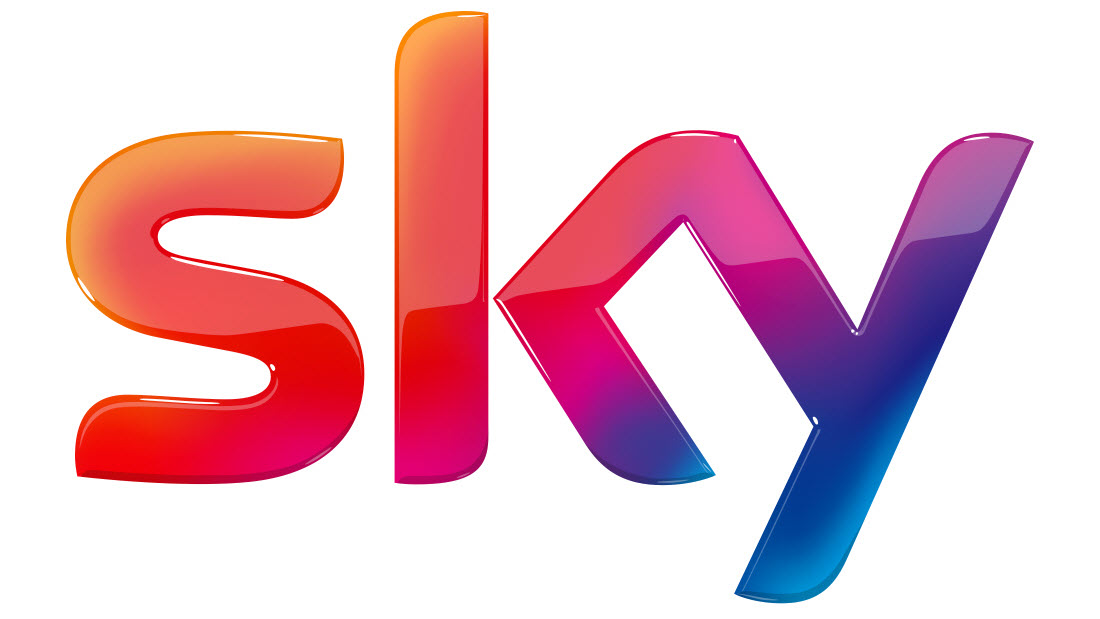Comcast Shares Plunge After Sky Win
The smarter way to stay on top of the multichannel video marketplace. Sign up below.
You are now subscribed
Your newsletter sign-up was successful

Comcast executives celebrating their weekend victory over 21st Century Fox for British satellite giant Sky plc woke Monday to a harsh reality as investors pounded the cable operator's stock, driving shares down more than 8% in early trading.
Comcast investors made no bones about their displeasure in Comcast 's pursuit of Sky -- the stock has been down about 4% since Comcast first made its European satellite intentions known in February. So when the company emerged as the victor on Saturday Sept. 22 with a bid valued at nearly $40 billion (nearly 30% higher than what it had originally proposed) they didn't feel any better.
Comcast shares fell as much as 7.3% Monday Sept. 24 to $35.37 from $37.90 per share, down $2.53 each. The shares improved slightly in later trading -- they were down 8.2% ($3.11 each) to $34.79 at 10:12 a.m.
Comcast beat Fox by more than 1.50 per share in its bid for Sky, according to reports. Comcast won the months-long battle with a bid of £17.28 per share, besting Fox's latest offer of about £15.67 per share, according to reports. With the win, Comcast now must decide whether it plans to purchase the 39% interest in the satellite company still held by Fox -- some analysts believe it could swap its 30% interest in Hulu for that stake -- or continue to have a substantial minority shareholder in the U.K satellite business.
In a research report Monday, MoffettNathanson principal and senior analyst Craig Moffett, a critic of Comcast's pursuit of Sky in the past, didn't change his mind with the win. In his report, Moffett called the deal a "winner's curse," in that it was good for Disney, which will end up with Fox's 39% Sky stake after it completes its $71.3 billion purchase of certain Fox assets, and bad for Comcast.

The deal is good for Disney in that it didn't have to pay an inflated price for an asset in an industry in decline -- the satellite TV business -- and that it could use its Sky stake to further increase its interest in a growing market -- online video -- through Comcast's 30% interest in Hulu.
Moffett believes the deal is bad for Comcast because it fails to solve its biggest challenge -- the rapid shift of audience away from traditional distribution to virtual MVPDs.
The smarter way to stay on top of the multichannel video marketplace. Sign up below.
"For Comcast, we fear that Sky will be an albatross," Moffett wrote. "Comcast would like to have investors view Sky as a platform-agnostic collection of proprietary programming agreements that can serve as a springboard to create a global OTT provider, and to be fair, the company does indeed have many proprietary programming agreements. But it seems as though they would like investors to forget that it is also a satellite TV provider, and satellite video distribution is increasingly becoming obsolete."
The question of Fox's 39% also looms. While some analysts believe a Hulu swap makes sense -- Disney will own 60% of the online video pioneer after its Fox deal closes -- some believe that handing over full control to a service that already has 20 million customers isn't in Comcast's best interests.
In a blog post, BTIG media analyst Richard Greenfield said he would be shocked if Comcast traded its 30% Hulu stake for Fox's Sky interest.
In his blog post, Greenfield said Disney could collapse Hulu into its own direct-to-consumer offerings if it had full control, rebrand the service and launch it worldwide, which would not be beneficial to Sky's own European DTC platform.
"[W]e suspect Comcast is highly likely to stay invested in Hulu and to prevent it from becoming a Disney-branded DTC platform," Greenfield wrote. "By remaining invested in Hulu, Comcast ensures that Disney is forced to pursue a two-path solution for direct-to-consumer with Hulu and Disneyflix separate – clearly sub-optimal. With only 30% ownership of Hulu, Comcast can frustrate Disney and continue to benefit from Hulu buying Comcast/NBC content and licensing NBC live channels (boosting revenues), while Hulu losses show up as a minority interest below the line (vs. being consolidated at Disney)."
